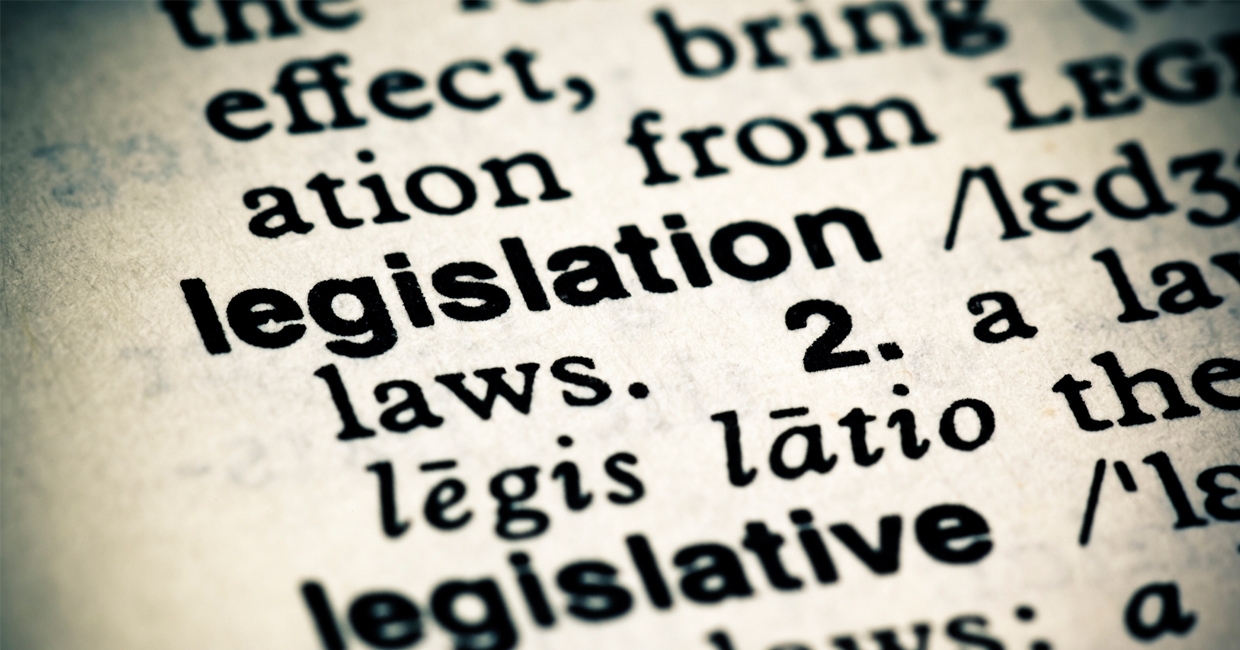New competition laws in both the UK and the EU came into force last month, which will affect many distributorship agreements as well as other supply chain agreements. FoxWilliams' Stephen Sidkin considers the implications for suppliers and distributors …
On 1st June, there was a change in competition law with implications for suppliers and their distributors. Although the UK ceased to be a member state of the EU on 31st January 2020, the UK had retained EU competition law so far as suppliers and distributors were concerned. As EU competition law in this area changed on 1st June 2022, so too did UK competition law.
The new UK law (the Vertical Agreements Block Exemption Order (VABEO) is concerned with exposing those distributorship and other supply chain agreements where the anti-competitive elements of the agreement are substantial enough to affect competition within the UK.
Where, however, the elements are not substantial enough, an agreement will be exempted from this part of UK competition law. The VABEO achieves this objective by providing a ‘safe harbour’ – a block exemption – for certain distributorship and other supply chain agreements.
So, what has changed with the new law?
Combination of exclusive and selective distribution
Suppliers operating an exclusive distribution network at both the wholesale level and a retail level are permitted under the VABEO to combine exclusive and selective distribution in the same or different geographical areas.
Shared exclusivity
The VABEO introduces the concept of shared exclusivity. This allows a geographical area or a customer group to be allocated to more than one ‘exclusive’ distributor. The number of appointed distributors, however, needs to be in proportion to the territory or customer group.
Dual distribution
Dual distribution occurs where a supplier sells its goods or services through independent distributors (for example, retailers), and also directly to end-customers in competition with its distributors. Under the VABEO, dual distribution extends to cover importers as well as wholesalers, provided that neither compete with the supplier at the level at which it purchases the goods.
Dual pricing
Dual pricing means that suppliers will be able to charge different (possibly higher) prices for goods to be resold online than for goods intended to be sold in-store by the same distributor.
Equivalence principle
The VABEO allows the criteria for a selective distribution system to differ for online and offline sales.
Non-compete obligations
Non-compete obligations are often included in agreements to prevent the purchaser from competing with the supplier. Previously, competition law made clear that if the obligation was for a period of not more than five years it did not fall foul of competition law.
Further, this was extended to agreements where the non-compete obligation was tacitly renewable beyond the five-year period. This, however, has changed, as the Competition and Markets Authority (CMA) has made clear that a non-compete obligation which is tacitly renewable beyond the five-year period will be treated as being an obligation of indefinite duration and therefore will not benefit from the block exemption.
Parity obligations
Parity obligations are contractual provisions concerning the terms on which goods or services are offered. Under the VABEO, wide parity obligations become hardcore restrictions. Typically, wide retail parity obligations are found in agreements with online marketplaces. Usually, they specify that goods or services may not be offered on better terms (including price) on any other sales channels, including the supplier’s own website, or online platforms or by other distributors.
This change in the law comes after the CMA imposed a £17m fine in 2020 on Compare the Market for imposing wide parity clauses in its agreements with home insurance companies. However, it is worth noting that wide parity obligations that apply to wholesale B2B will not be hardcore restrictions. In addition, ‘narrow’ parity obligations that provide for goods or services not to be offered on better terms on the supplier’s own website only will continue to be block exempted under the VABEO.
Take-home points
The VABEO provides a one-year transition period which will end on 31st May 2023. However, parties to distributorship and other supply chain agreements need to be giving thought now to what the changes brought about by the VABEO mean for them and their agreements.
Suppliers looking to take advantage of the changes in the law will need to consider how best to obtain agreement from their distributors to the changes. In contrast, suppliers imposing unilateral changes to agreements will likely face damages claims for repudiatory breach.
Where the territory covered by a distributorship or other supply chain agreement covers both the UK and one or more member states of the EU, further consideration will be needed, as on 1st June there came into effect a new EU competition law which differs in important respects from the VABEO.








